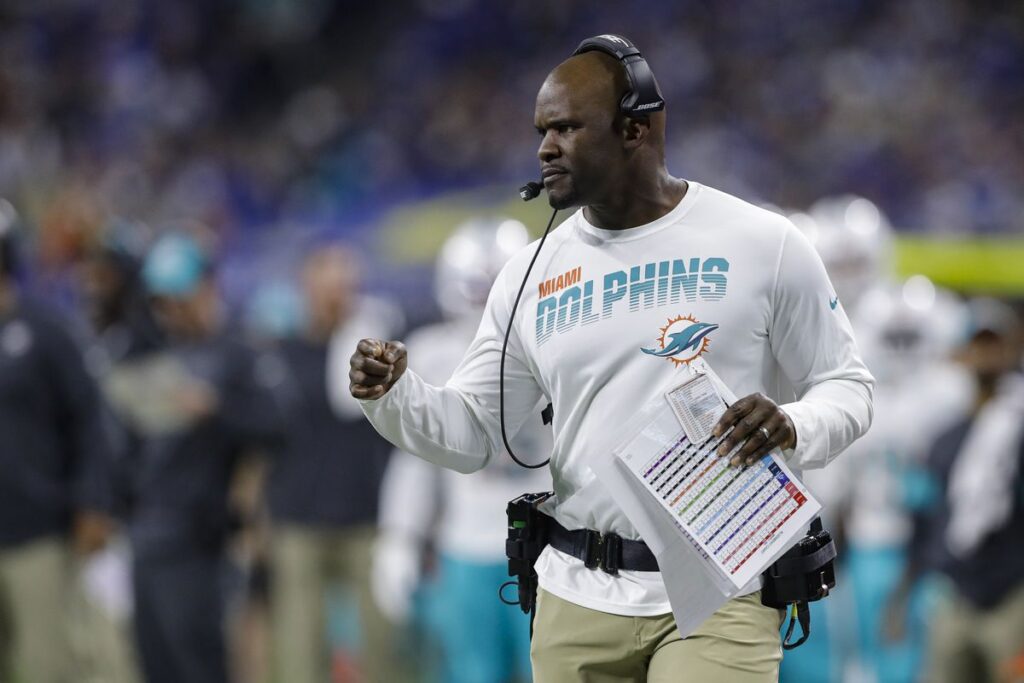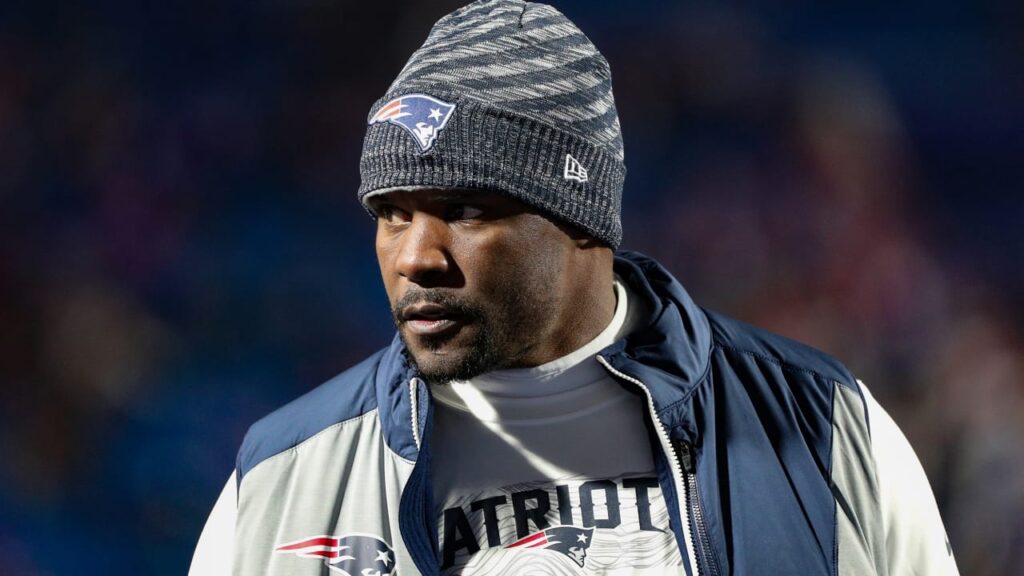On the day the Challenger blew up in 1986 I was drafted from my position as editorial assistant at McCall’s magazine to fill in for the executive editor’s secretary. I was told that the boss’s secretary was out sick, and that as the most recently hired junior staff member, a contention that I disputed, I was to fill in.
With the catastrophe that had befallen the nation, phones were light that day. The executive editor and I watched the coverage and talked about what the explosion meant to the families of the astronauts, the schoolchildren who witnessed the calamity, and the future of the space program.
The following day, back at my own desk, Helen, the director of HR, paid me a surprise visit. Helen was what my aunt would have referred to as an ancient chick: rows of shriveled facial skin culminating in a massive jowl, auburn helmet hair secured during weekly visits to the hairdresser, thick white legs striped with blue varicose veins, wide feet stuffed into black orthopedic shoes.
As she lurched toward me, I wondered if something was up. “How would you like to make more money?” Helen asked me, balancing her weight by clutching the end of my desk with her mottled hands.
“Huh?” I responded.
“The executive editor really liked working with you, and we have another secretarial opening.”
“My goal is to become an editor just like all the other editorial assistants here,” I told Helen. “You sure?” she asked, staring at me through rheumy eyes.
“I’m sure.”
Helen shrugged and lumbered away.
A few months later I applied for a job as an assistant editor at McCall’s along with two or three of my peers, all of whom were white. When I didn’t get the job, I requested a meeting with the senior editor who was in charge of hiring for the position. When I asked her to go over my application with me, and approached her desk, she shrunk from me in repulsion and fear. In cosmopolitan New York, that editor had probably never been in proximity to a Black person. My very essence frightened her.
It was then that I realized I had never really been considered for the job. I did not get to remind the editor that, unlike my peers, I was a magna cum laude graduate of one of the nation’s top universities and that I wrote a weekly column for a local paper. I didn’t get to tell her that I wanted to be on the magazine’s senior editor track or to go over my editing test with her; she had summarily dismissed me. That incident was just one in a series of employment misses I have experienced over the years.
When early this month Brian Flores described receiving a congratulatory message intended for another candidate—and while he allegedly was still in the process of interviewing for the head coach position in the Giants organization—I could relate. Because something similar happened to me more than a decade ago.
I had switched careers from publishing and had been an executive director at The Montel Williams MS Foundation for a few years. I was interviewing for a senior management position at another nonprofit when a board member mistakenly sent me a congratulatory email meant for someone else. At that time, I had been told that I was still in the running for the position and the organization’s CEO had even set up a second interview for me. When I let him know that I was aware that the position was closed, he tripped all over himself trying to explain away the gaffe.
I had wasted valuable time preparing for a position for which I was never a serious candidate. It was also during the recession, and the expenditure of funds for the interview process—clothing and transport—needed to be managed carefully. I was furious. And humiliated.
In his class-action lawsuit against the NFL, New York Giants, Denver Broncos, and Dolphins organizations for racial discrimination, Flores claims that there is evidence that the Giants organization had already decided to hire Brian Daboll before interviewing so-called minority candidates as they are required to do. He cites as evidence the accidental congratulatory text message he received from New England Patriots coach Bill Belichick, who apparently mixed up the Brians, and various media reports.
I don’t care about football, and I certainly did not watch the Super Bowl yesterday. But the fact is that football cares about me. In many if not most states, towering stadiums are built with several streams of funding, including tax dollars. My tax dollars. That the sports industrial complex cannot seem to find three qualified Black coaches is an affront to my sensibilities as a professional Black person—and ultimately to my wallet.
No one is entitled to a job. But all of us, especially those raised with the twice as good mantra, are entitled to not have our time wasted so that on-paper-only quotas can be checked off. We are better than that.



You must be logged in to post a comment.